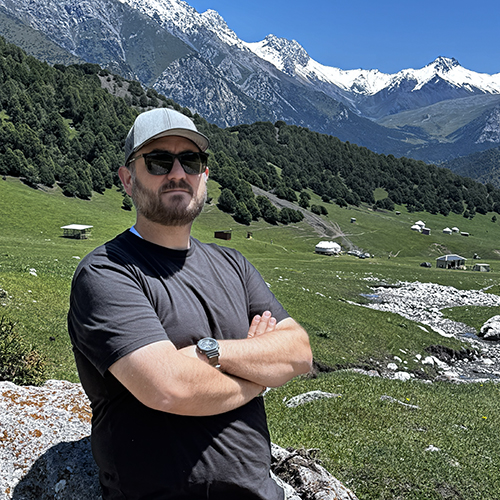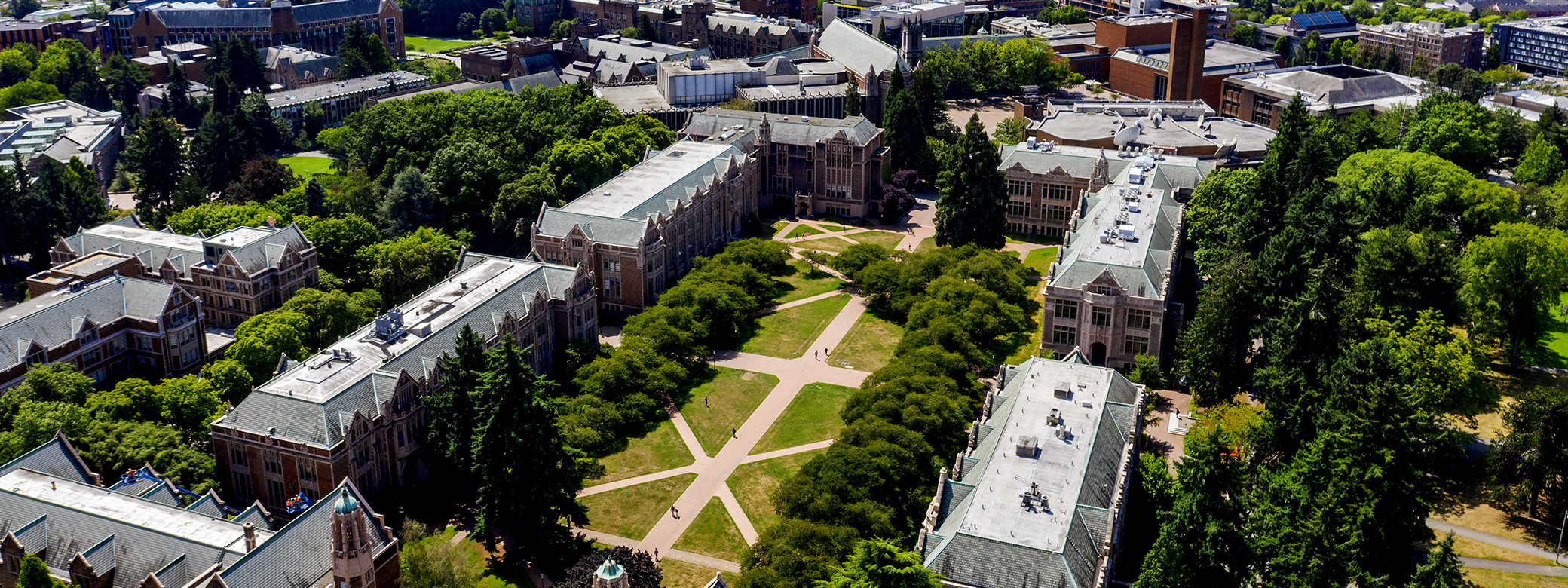Jiun-Haw Chu, professor of physics at the University of Washington, is among 22 scientists selected for the 2025 cohort of Experimental Physics Investigators, a distinguished group of mid-career researchers pushing the boundaries of experimental physics.

The Experimental Physics Investigators Initiative was established by the Gordon and Betty Moore Foundation to support creative individuals who have recently received tenure (or its equivalent) and to cultivate collaborative research environments. Each Experimental Physics Investigator receives $1,300,000 over five years. As stated on the initiative webpage, this funding “allows creative individuals to pursue exciting research goals, try new ideas, and explore areas that might not otherwise attract this level and duration of financial support from conventional funding sources.” Investigators are encouraged to tackle interesting new research problems, pivot when necessary, and bring on students and a postdoctoral researchers to accelerate their progress.
“We once again received proposals from amazing mid-career investigators who are taking their research to new levels,” said Theodore Hodapp, program director for the initiative. “We are excited to see them join our existing cohorts of experimental physicists who are pushing the boundaries of our understanding of the universe.”
Chu’s research focuses on discovery and understanding of novel collective behaviors in quantum materials that could revolutionize telecommunications and other fields. His Quantum Materials Lab focuses on crystal growth, thermodynamic and magnetic measurements, and novel experimental techniques using strain engineering tools — which he developed — to explore emergent phases in quantum materials. His research could lead to potential applications in the laboratory, industry, and beyond.
“We are grateful for the Gordon and Betty Moore Foundation’s support of Professor Chu’s work in the design and development of quantum materials within experimental condensed matter physics,” says Daniel Pollack, divisional dean of natural sciences in the College of Arts & Sciences. “He is a world expert in using applied strain to understand complex phenomena in quantum materials. This work is of fundamental importance in physics and also will have practical implications for modern information and energy technologies.”
Chu’s research focuses on discovery and understanding of novel collective behaviors in quantum materials that could revolutionize telecommunications and other fields.
As a member of the fourth cohort of Experimental Physics Investigators, Chu will have opportunities to connect with other scientists from the current and past cohorts. The Moore Foundation brings all cohorts together annually “to connect investigators and promote the discovery of new ideas and synergistic collaborations,” says Catherine Mader, program officer for the initiative. “We have seen numerous new connections form and new research directions pursued by both individuals and groups based on conversations at these gatherings.”
Chu received a B.S. in electronics engineering from National Chiao Tung University in Taiwan and a Ph.D. in Applied Physics from Stanford University. He joined the University of Washington faculty in 2016.
More Stories

AI in the Classroom? For Faculty, It's Complicated
Three College of Arts & Sciences professors discuss the impact of AI on their teaching and on student learning. The consensus? It’s complicated.

Through Soil Science, an Adventure in Kyrgyzstan
Chemistry PhD alum Jonathan Cox spent most of 2025 in Kyrgyzstan, helping farmers improve their soil—and their crops—through soil testing.

A Sports Obsession Inspires a Career
Thuc Nhi Nguyen got her start the UW Daily. Now she's a sports reporter for Los Angeles Times, writing about the Lakers and the Olympics.
